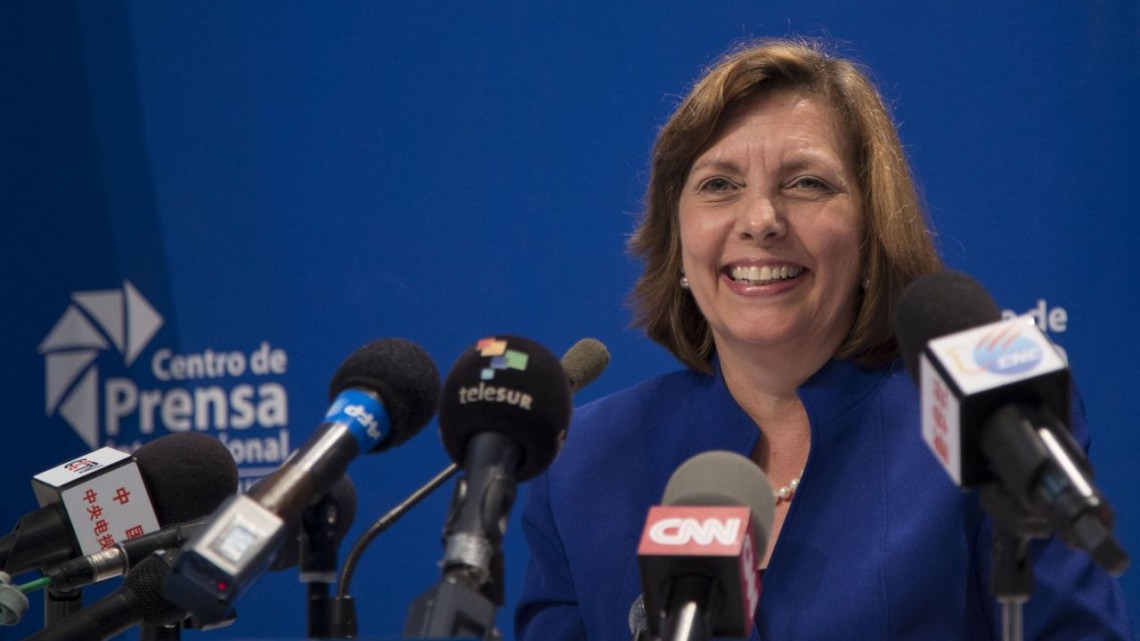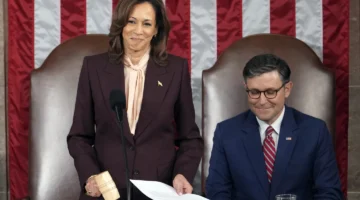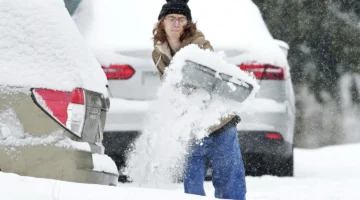Top Cuba diplomat: Obama trip positive, created momentum
MICHAEL WEISSENSTEIN, Associated Press
HAVANA (AP) — President Barack Obama’s trip to Cuba advanced the normalization of relations between the Cold War foes and created momentum for more cooperation on agriculture, medicine and law enforcement, Cuba’s top diplomat on U.S. affairs said Monday.
Speaking after a meeting with U.S. officials in Havana, Director General of U.S. Affairs Josefina Vidal said President Raul Castro had seen his meeting with Obama as producing “positive results.”
Her portrayal contrasted with more negative characterizations of the visit, including those of former President Fidel Castro and Foreign Minister Bruno Rodriguez, who described Obama’s trip as an “attack” on Cuba’s traditions and values.
Vidal said she and U.S. diplomats had agreed upon an agenda for Obama’s remaining months in office that would include visits by high-level U.S. agriculture, health and security officials.
She said Obama’s visit, which included a forum with private business owners and a speech calling on the Cuban people to look toward a better future, would help both sides accomplish that agenda.
“We believe the visit was an additional step forward in the process of moving toward an improvement in relations, and that it can serve to add momentum to advance in this process, which is in both nations’ interest,” she said. “That’s the opinion that President Raul Castro shared during his address to the press during Obama’s visit.”
Commenting on Monday’s meeting, The U.S. State Department said that “both governments recognized significant steps made toward greater cooperation in environmental protection, civil aviation, direct mail, maritime and port security, health, agriculture, educational and cultural exchanges.” It said the two sides also discussed future meetings on human rights and claims for compensation by American citizens and firms whose property was confiscated in Cuba’s 1959 revolution.
Vidal praised a series of agreements struck directly with the U.S. government on topics like environmental cooperation, direct postal service and commercial flights, but said the continuing U.S. trade embargo on Cuba had made progress on business ties more difficult.
Foreign investors agree the embargo is the main obstacle to doing business in Cuba. But they increasingly point to the communist government’s slow-moving bureaucracy and opaque decision-making as reasons investment on the island is lagging despite a huge surge of interest since the December2014 declaration of detente with the U.S.
The two countries appear to be moving toward greater cooperation on law enforcement in coming months. Cuban-born Deputy Homeland Security Secretary Alejandro Mayorkas was meeting in Havana on Tuesday with his counterparts in Cuba’s Ministry of the Interior for talks on cooperation against drug trafficking, illegal migration and transnational crime.




No Comment